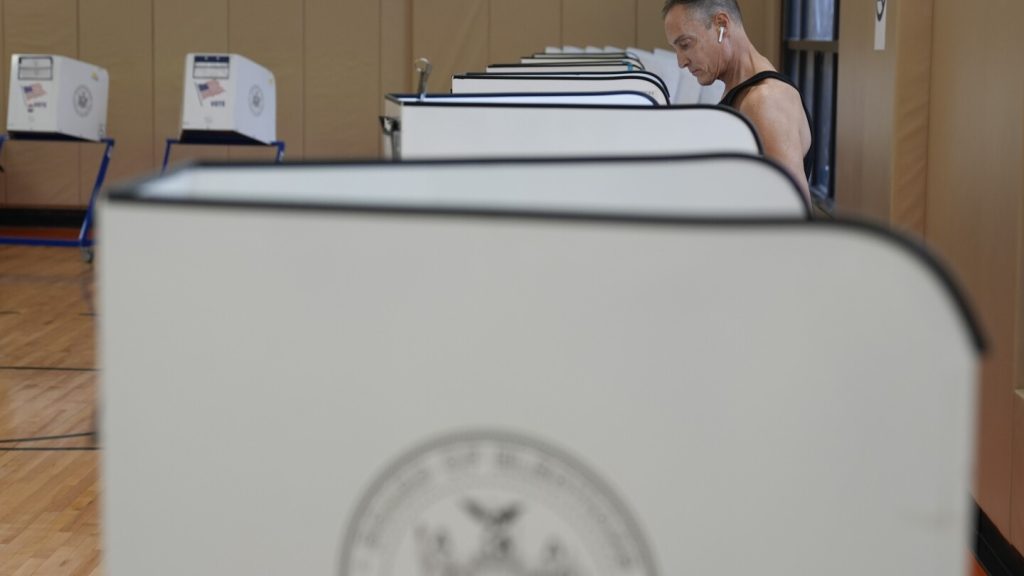Former President Donald Trump and House Speaker Mike Johnson have recently reignited concerns about noncitizen voting in federal elections. Despite baseless claims that immigrants are improperly voting, there is little evidence to suggest a widespread issue. While there have been isolated cases of noncitizens casting votes, they are rare and often involve legal immigrants who mistakenly believe they have the right to vote.
Efforts to address this perceived issue, such as legislation requiring proof of citizenship to register to vote, may face pushback in the Democratic-controlled Senate. Past attempts to crack down on noncitizen voting have led to errors that wrongly identified U.S. citizens as ineligible to vote. Adding new identification checks could create more problems than they solve, as the actual instances of noncitizen voting remain minimal.
Data from conservative-leaning states like North Carolina and Georgia show that the number of noncitizen votes is extremely low, with only a handful of cases identified out of millions of ballots cast. Even the most populous and immigrant-heavy jurisdictions in the country have reported very few incidents of potential noncitizen voting. Research that attempted to extrapolate the number of noncitizens voting found no conclusive evidence that it was significant enough to impact election outcomes.
Despite the lack of substantial evidence of noncitizen voting in federal elections, some states have implemented new laws to prevent it. Since the 2020 election and Trump’s false claims of voter fraud, nine states have enacted legislation to further block noncitizen voting, while 16 others are considering additional provisions. However, these measures run the risk of disenfranchising legitimate voters, as seen in past cases where U.S. citizens were wrongly flagged as ineligible due to flawed identification checks.
Noncitizen voting remains a contentious issue fueled by political rhetoric and conspiracy theories. While efforts to prevent potential fraud are important, they must be balanced with safeguards to protect the voting rights of all eligible citizens. With the upcoming midterm elections on the horizon, the debate over noncitizen voting is likely to continue as lawmakers grapple with finding a solution that upholds the integrity of the democratic process.


